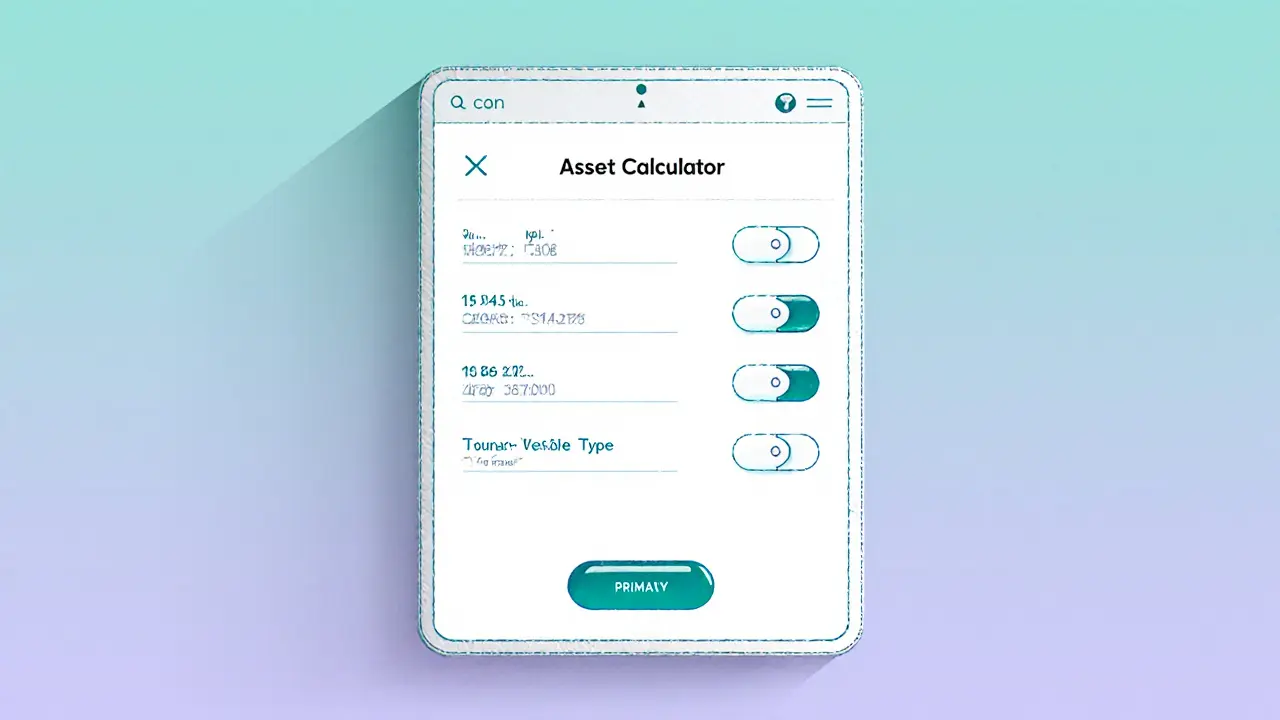Spot Trading Tax Explained for Crypto Traders
When dealing with Spot Trading Tax, the tax applied to profits from buying and selling cryptocurrencies on a spot market. Also known as crypto spot tax, it becomes relevant the moment a trader closes a position with a gain or loss. Spot trading tax isn’t a separate tax code; it’s a taxable event under your local tax laws, and the rules vary by country.
Key Factors that Shape Your Tax Liability
A Taxable Event, any transaction that triggers a tax obligation, such as a sale, swap, or cash-out is the cornerstone of spot trading tax calculation. When you sell Bitcoin for USD, exchange ETH for LTC, or convert crypto to fiat, each action creates a taxable event that the tax authority may count as income or capital gain. The event’s timing, the holding period, and the price at which you acquired the asset all influence the final tax amount.
Most jurisdictions treat crypto profits as Capital Gains Tax, a tax on the profit realized from the sale of an asset held as an investment. Short‑term gains (held less than a year in the US) are usually taxed at ordinary income rates, while long‑term gains enjoy lower rates. The exact percentage depends on your income bracket and the specific tax law of your residence.
Your Tax Residency, the country where you are considered a tax resident based on domicile or physical presence decides which rules apply. A trader living in Germany faces a different spot trading tax regime than one in Singapore, where many crypto gains are tax‑free. Even if you hold assets on a foreign exchange, your home country may still claim the right to tax those profits.
Crypto exchanges also play a role. Platforms like Binance or Kraken are often required to share transaction data with tax authorities under local regulations. This means that, besides your own records, the exchange may provide a summary of your trades, which you’ll need to reconcile with personal bookkeeping. Failure to report accurately can trigger audits, penalties, or even criminal charges in severe cases.
Good record‑keeping is a practical antidote. Capture the date, type of trade, amount, price in fiat at the moment of execution, and any fees incurred. Many traders use spreadsheet templates or dedicated crypto tax software that automatically imports exchange data via API, calculates gains, and generates ready‑to‑file reports. Consistency in documentation saves hours during tax season and reduces the risk of errors.
Regulatory landscapes are shifting fast. In 2024 the OECD introduced new guidelines for crypto reporting, and several countries announced tighter AML‑related tax rules. Keeping an eye on legislative updates ensures you stay compliant and can take advantage of any new exemptions or favorable tax treatments that may arise.
Below you’ll find a curated collection of articles that dive deeper into each of these topics—ranging from detailed capital‑gains calculations to step‑by‑step guides on filing crypto taxes in different jurisdictions. Explore the posts to sharpen your understanding and prepare for a smoother, stress‑free tax filing experience.
Understanding Spot Trading Tax Treatment in the US (2025 Update)
Learn how the US taxes forex spot trades versus cryptocurrency spot trades, the forms you need, and practical strategies to stay compliant in 2025.
View More




